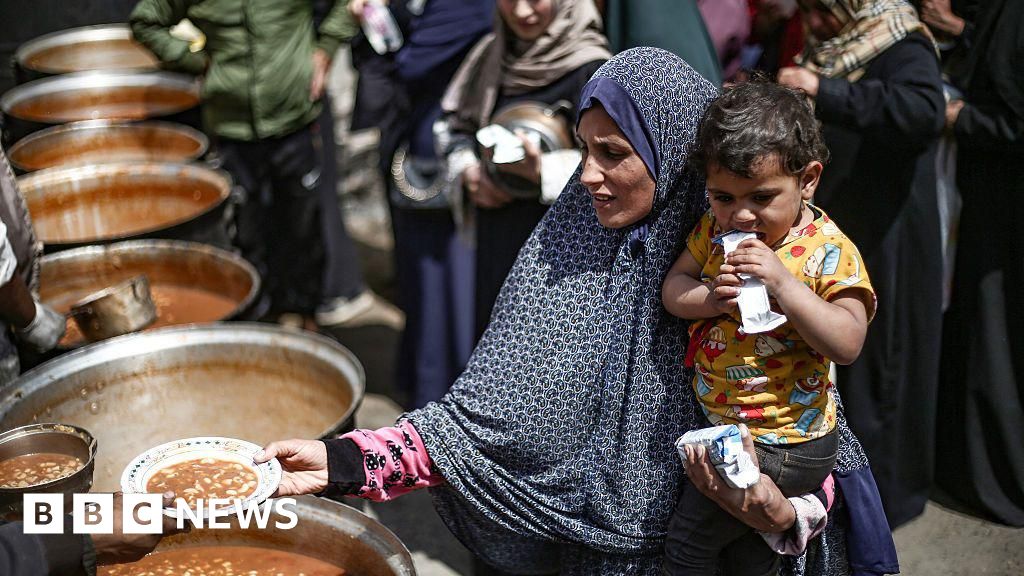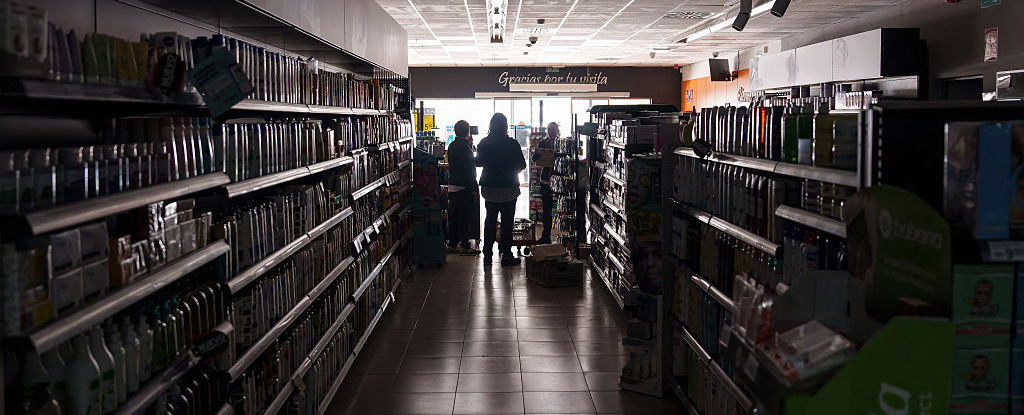Israel Expands Military Offensive Across Gaza Following Ceasefire Breakdown

The Israeli military has intensified its operations against Hamas, resuming its offensive on March 18 after a two-month ceasefire that ultimately collapsed. This latest development marks a significant escalation in Israel's ongoing conflict with Hamas, the militant group that governs the Gaza Strip.
In a strategic move, Israel's military has issued evacuation orders for the city of Khan Younis and its surrounding regions. These orders come in response to recent projectile launches from Gaza, which Hamas has publicly claimed responsibility for. The Israel Defense Forces (IDF), as part of their military strategy, have confirmed they have successfully established a security zone in the southern Gaza Strip, effectively separating the cities of Rafah and Khan Younis.
Israeli Defense Minister Israel Katz emphasized that the military would soon expand vigorously its offensive across much of Gaza. This declaration suggests a broadening of military operations, aiming to exert pressure on Hamas to release the 59 hostages currently held in Gaza, 24 of whom are believed to be alive. The complexity of the situation is underscored by the human toll, with the military action having already displaced hundreds of thousands of Palestinian civilians.
As of now, the Israeli forces have secured extensive areas along Gazas borders, establishing what they describe as a buffer zone intended to thwart potential attacks. In a recent statement, Katz revealed that the IDF has taken control of the Morag axis, a reference to a former Israeli settlement situated strategically between Rafah and Khan Younis. This takeover plays a crucial role in Israel's military strategy, effectively severing the connectivity of Rafah from Khan Younis, a city that comprises nearly one-fifth of the entire Gaza Strip.
Further emphasizing the urgency of the military efforts, Katz warned residents in the conflict zones that they should evacuate immediately. This is the last moment to remove Hamas and release the hostages and bring about an end to the war, he stated, accentuating the critical nature of the offensive as it gains momentum.
In addition to the developments in southern Gaza, areas in the north, including the city of Beit Hanoun and the central Netzarim Corridor, are also facing evacuation orders as the IDF works to extend the security zone there as well. Katz noted, In northern Gaza as well - in Beit Hanoun and other neighbourhoods - residents are evacuating, the area is being taken over and the security zone is being expanded.
When contacted for a statement, the IDF directed inquiries to the Israeli defense ministry. In stark contrast, Hamas condemned the offensive, claiming that it not only results in the deaths of defenseless civilians but also jeopardizes the fate of the hostages.
The situation has garnered international attention, with the UN's human rights office recently criticizing Israels evacuation orders. They argued that these orders do not meet the standards set by international law, alleging that Israel has failed to provide adequate accommodations for those displaced, nor has it ensured satisfactory conditions concerning hygiene, health, safety, and nutrition.
In defense of its military actions, the Israeli government asserts that evacuating civilians is essential to protect them from potential harm and to prevent Hamas from using them as human shields, a tactic that constitutes a violation of international law.

























